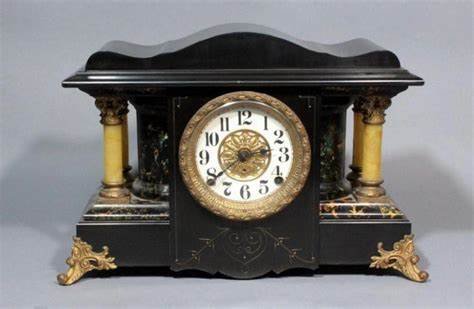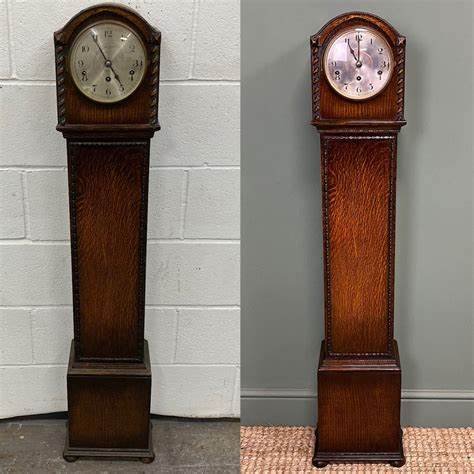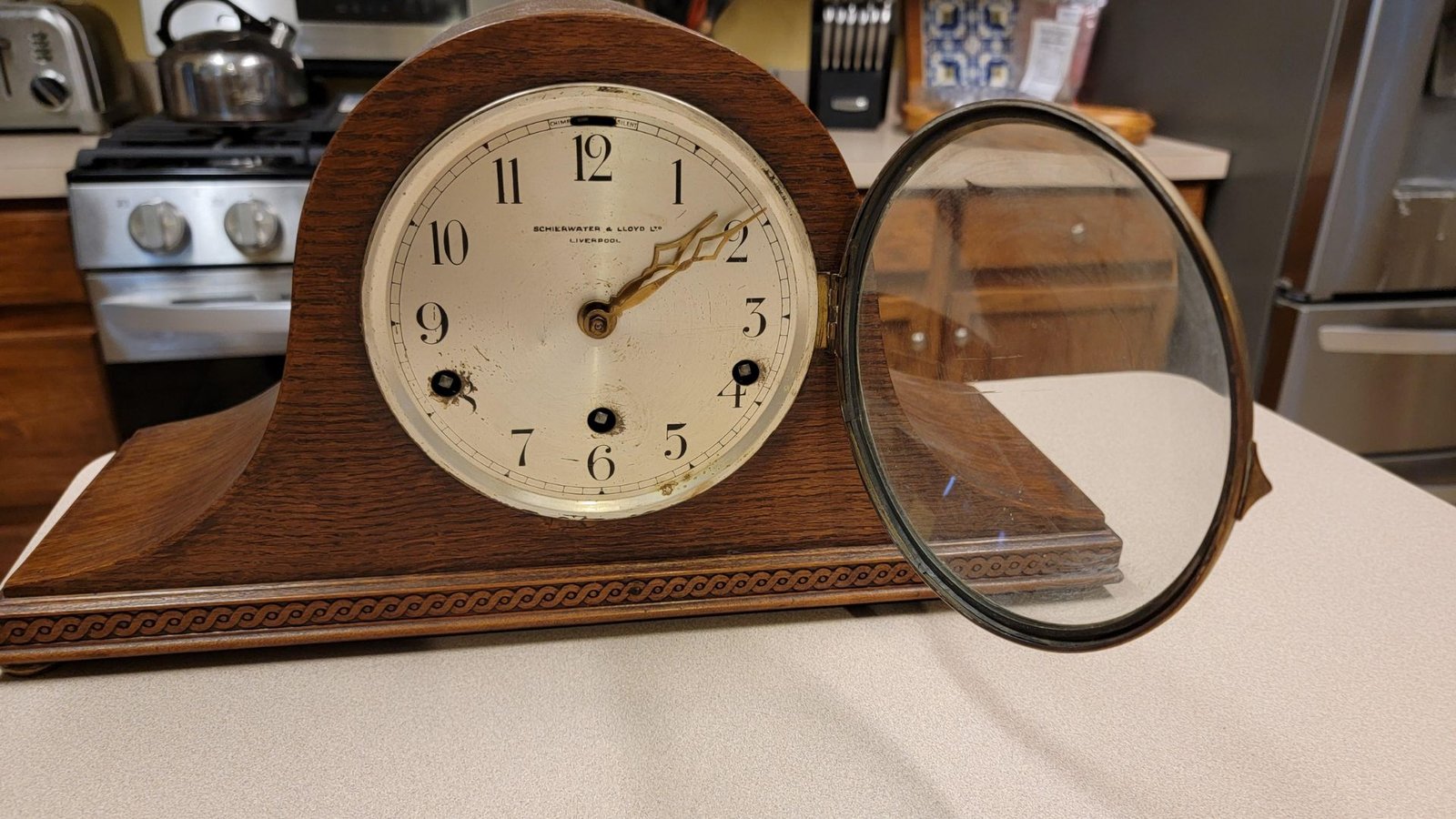Antique clocks have long fascinated collectors and enthusiasts. The craftsmanship, precision, and intricate designs of antique clocks reflect the brilliance of the clockmakers who created them. In this article, we explore the history and significance of some of the most renowned antique clockmakers.
1. Thomas Tompion: The Father of English Clockmaking
Thomas Tompion (1639–1713) is often called the father of English clockmaking. His contribution to horology revolutionized timekeeping in the late 17th and early 18th centuries.
Historical Background
- Early Years: Tompion started his career as a humble apprentice, but his work soon gained recognition for its high quality.
- Innovations: Tompion is credited with improving the accuracy of clocks by perfecting the use of the balance spring. This advancement allowed for more precise timekeeping.
- Royal Influence: Tompion became the official clockmaker for the British monarchy, creating timepieces for King Charles II.
Significance
Tompion’s clocks are highly sought after by collectors, as they represent the peak of early English clockmaking. His precise engineering set a high standard for future generations of clockmakers.
In summary, Tompion’s influence on clockmaking was profound, and his clocks continue to be treasured for their technical and aesthetic excellence.
2. Abraham-Louis Breguet: Master of Innovation
Abraham-Louis Breguet (1747–1823) was a French-Swiss watchmaker and clockmaker whose innovative designs transformed horology.
Historical Background
- Innovative Designs: Breguet was responsible for several key inventions, including the tourbillon, which reduced the effects of gravity on timekeeping.
- Royal Clientele: Breguet’s clients included Marie Antoinette, Napoleon Bonaparte, and many other European royals. His clocks were not only precise but also works of art.
- Enduring Legacy: Breguet’s name became synonymous with luxury and precision in both clock and watchmaking.
Significance
Breguet’s innovative spirit and technical mastery left a lasting impact on the world of horology. His timepieces are revered for their elegance, precision, and innovation.
In summary, Breguet’s clocks continue to inspire modern watchmakers, and his legacy lives on in the high-end timepieces that bear his name.
3. John Harrison: The Problem-Solver of Longitude
John Harrison (1693–1776) is best known for solving one of the greatest challenges of his time—accurate navigation at sea.
Historical Background
- Longitude Challenge: Before Harrison, sailors struggled to determine their exact location at sea due to inaccurate timekeeping. Harrison set out to solve this problem.
- Marine Chronometer: Harrison invented the marine chronometer, a clock capable of keeping accurate time even in harsh sea conditions. This invention allowed sailors to determine longitude accurately for the first time.
- Recognition: After years of perfecting his design, Harrison received recognition and financial rewards from the British government for his life-saving invention.
Significance
Harrison’s invention of the marine chronometer revolutionized navigation and saved countless lives. His clocks are considered some of the most important timepieces in history.
In summary, Harrison’s work had a profound impact on both clockmaking and maritime history, cementing his place among the most important clockmakers.
4. Ferdinand Berthoud: The Scientific Clockmaker
Ferdinand Berthoud (1727–1807) was a French-Swiss clockmaker known for his contributions to scientific and marine timekeeping.
Historical Background
- Scientific Approach: Berthoud approached clockmaking with a scientific mindset, creating highly accurate marine chronometers for the French Navy.
- Contributions to Astronomy: Berthoud’s clocks were used in astronomical research, furthering the understanding of time and space.
- Recognition: Berthoud was appointed as Horloger Mécanicien du Roi (Watchmaker-Mechanic to the King) in France.
Significance
Berthoud’s clocks were not only highly accurate but also contributed to scientific advancements. His timepieces remain prized for their precision and craftsmanship.
In summary, Berthoud’s contributions to both science and clockmaking make him a pivotal figure in horological history.
5. Eli Terry: The American Innovator
Eli Terry (1772–1852) is credited with revolutionizing clockmaking in America by introducing mass production techniques.
Historical Background
- Innovative Mass Production: Terry was one of the first clockmakers to use interchangeable parts, allowing for the mass production of affordable clocks.
- American Market: Terry’s clocks became widely popular in America due to their affordability and reliability.
- Enduring Legacy: Terry’s innovations helped establish the American clockmaking industry and made clocks accessible to the average household.
Significance
Terry’s introduction of mass production techniques transformed the clockmaking industry and made timekeeping accessible to the masses.
Japanese Clock Logos offers a unique perspective on timekeeping, blending traditional artistry with modern design. For those who enjoy a different kind of excitement, internet casinos provide a world of thrilling games and opportunities. Whether exploring intricate designs or diving into online entertainment, there’s always something engaging to experience.
In summary, Terry’s influence on the American clockmaking industry cannot be overstated, and his techniques paved the way for modern manufacturing processes.
Conclusion
The history of antique clockmakers is rich with innovation, craftsmanship, and scientific breakthroughs. Figures like Thomas Tompion, Abraham-Louis Breguet, John Harrison, Ferdinand Berthoud, and Eli Terry each contributed to the advancement of clockmaking in unique ways. Their clocks are not just functional timepieces but also works of art and engineering marvels. Today, collectors and enthusiasts continue to admire their craftsmanship, keeping the legacy of these master clockmakers alive.




